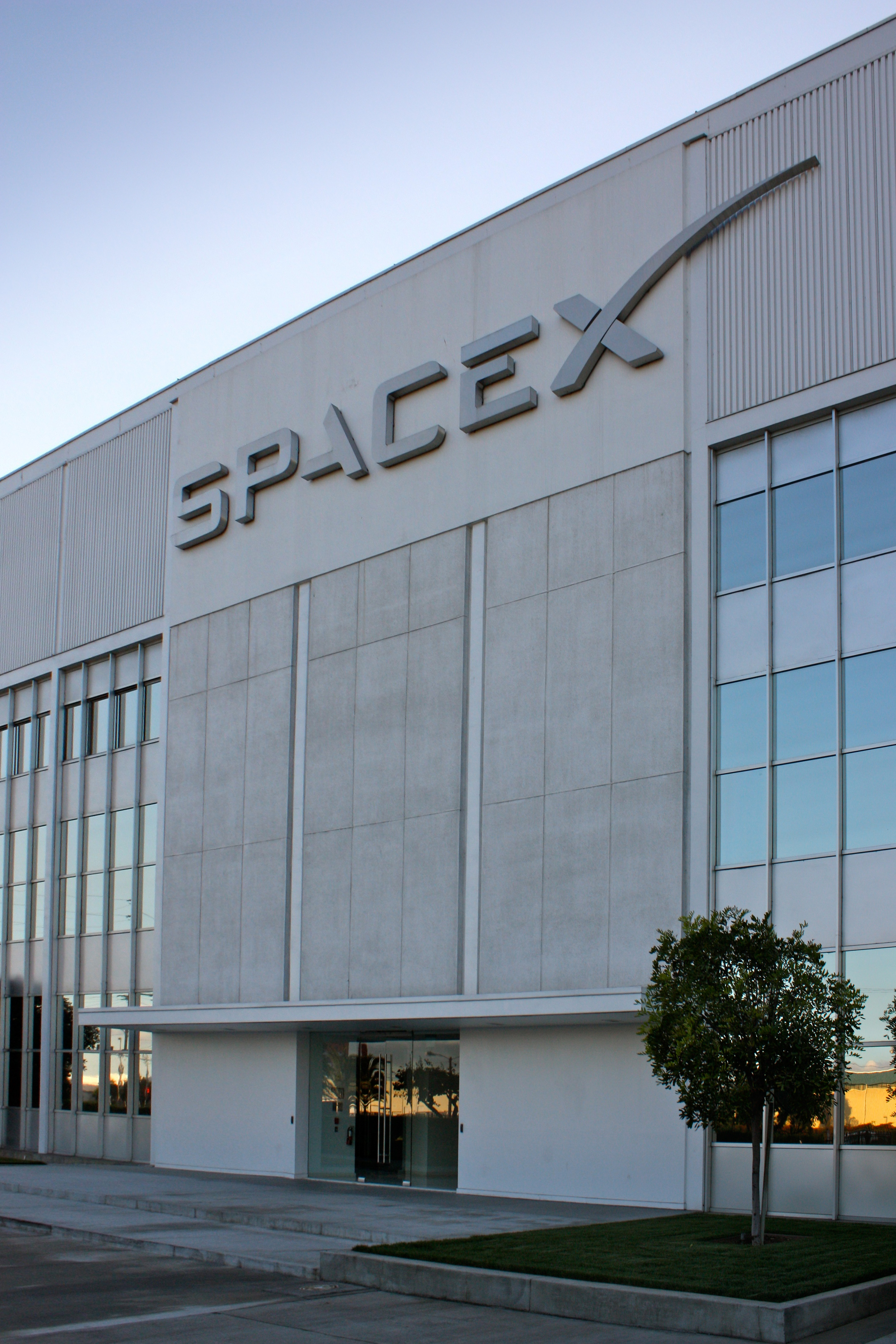Science News Roundup: Exclusive-L&T, HAL vetted to bid on India rocket privatisation-source; SpaceX lawsuit could be key test of US policy on bias against refugees and more
The Small Satellite Launch Vehicle (SSLV) was developed by the Indian Space Research Organisation (ISRO), the national space agency, as a low-cost means to launch satellites weighing up to 500 kg (1,102 lb) into low-earth orbit. SpaceX lawsuit could be key test of US policy on bias against refugees A new lawsuit accusing SpaceX of illegally refusing to hire asylum recipients and refugees could be an important test of the U.S. government's stance that national security concerns do not allow companies to discriminate against non-citizens.

Following is a summary of current science news briefs.
Exclusive-L&T, HAL vetted to bid on India rocket privatisation-source
Larsen & Toubro and Hindustan Aeronautics are among companies vetted to potentially bid in India's efforts to privatise its small satellite launch rocket, a source told Reuters, as the government seeks more investment in the booming space market. The Small Satellite Launch Vehicle (SSLV) was developed by the Indian Space Research Organisation (ISRO), the national space agency, as a low-cost means to launch satellites weighing up to 500 kg (1,102 lb) into low-earth orbit.
SpaceX lawsuit could be key test of US policy on bias against refugees
A new lawsuit accusing SpaceX of illegally refusing to hire asylum recipients and refugees could be an important test of the U.S. government's stance that national security concerns do not allow companies to discriminate against non-citizens. Elon Musk, CEO of the rocket and satellite company, said in response to the U.S. Department of Justice (DOJ) lawsuit filed on Thursday that hiring anyone besides U.S. citizens and green card holders would violate weapons trafficking laws.
India's Chandrayaan-3 rover rolls onto moon's surface, braces for new challenges
The moon rover of India's Chandrayaan-3 exited the spacecraft on Thursday to begin exploring the surface of the lunar south pole and conducting experiments, and was braced for new challenges, the space agency chief said. The spacecraft landed on the unexplored south pole of the moon on Wednesday, making India the first country to achieve this feat just days after Russia's Luna-25 failed in a similar mission.
Explainer-What is India's next space mission after moon landing?
On the heels of the success of the Chandrayaan-3 moon landing, India's space agency has set a date for its next mission - this time to study the sun. The Aditya-L1, India's first space observatory for solar research, is getting ready for launch at the country's main spaceport in Sriharikota, the Indian Space Research Organisation (ISRO) told reporters at its satellite command centre this week, as scientists and crew celebrated the moon mission's success.










